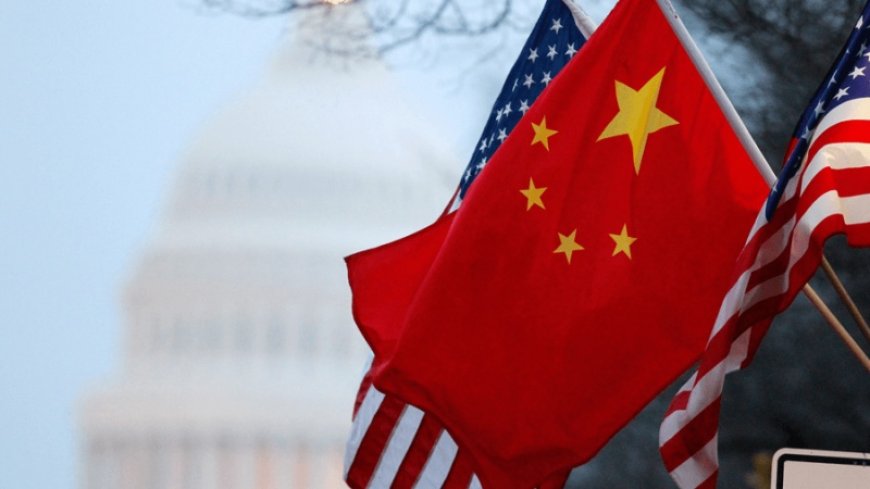USA and China and the new world order
USA and China and the new world order

The Kissinger Doctrine advocated the implementation of the G2 (US and China) as global arbiters. Thus, in an article published in the New York Times, entitled "The opportunity for a new world order", Kissinger already considers China a superpower, advises against protectionism or treats China as an enemy (which would make him a real enemy ) This article also calls for taking US-China relations to a new level based on the concept of a common destiny (modeled on transatlantic relations after WWII), which would see the Pacific (America-Asia) road it has become the main global trade axis to the detriment of the Atlantic route (America-Europe).
But the Pentagon's unequivocal objective would be confrontation with the Shanghai Cooperation Organization (SCO), founded in 2001 by the Shanghai Five (China, Russia, Kazakhstan, Kyrgyzstan, Tajikistan) and later joined by Uzbekistan, India, Pakistan and Iran. , which together with the ALBA countries would constitute the hard core of resistance to the world hegemony of the United States and the United Kingdom. This organization would have been strengthened following the visit to Moscow by Chinese Defense Minister Li Shangfu, during which he defined Russian-Chinese military relations as "strategic" and underlined "the need for an alternative security strategy to NATO" . symbolized by the SCO. China is fully aware that the strategic agreement between Australia, the United Kingdom and the United States, known as AUKUS, symbolizes a shift in global geopolitical cartography, shifting the Atlantic scenario towards the Indo-Pacific as the epicenter of the geopolitical pulse between the United States States and China.
Thus, the globalists (whose visible leader would be George Soros and the Open Society Foundation (OSF) would have already sketched the implementation of the New World Order (NWO) which would involve the recovery of the role of the United States as world policeman after the Brzezinski Doctrine, where Zbigniew Brzezinski, already in his book "The technetronic revolution" (1971), stated that "the era of the rebalancing of global power has arrived, a power that must pass into the hands of a new world political order based on a trilateral economic system link between Japan, Europe and the United States".
Such a doctrine would imply the subjugation of Russia and China and would include the possibility of a preemptive nuclear strike by the United States using Trident II missiles against vital Russian and Chinese targets in the event of the explosion of the Third World War II.To achieve this, the Pentagon would establish a nuclear crisis arc around China that would extend from Indian Kashmir to Japan, through South Korea and the Philippines, closing the arc with New Zealand and Australia, to dissuade China from its pursuit of dominance over the China Sea. A pre-emptive nuclear strike by the United States using Trident II missiles against vital Chinese targets is not ruled out after it induces China to invade Taiwan.













































